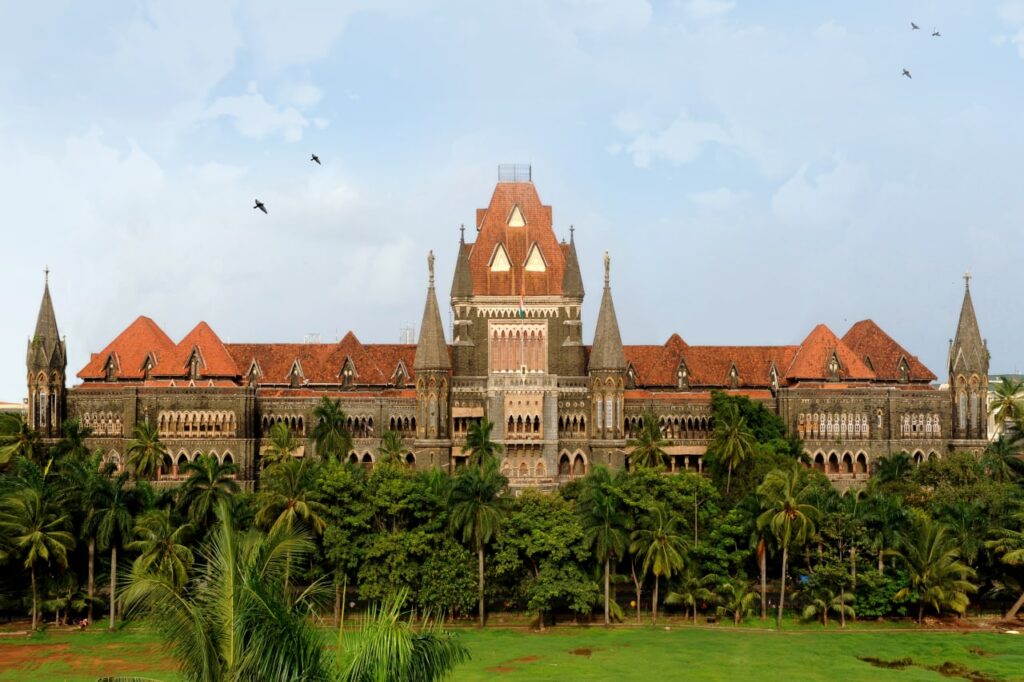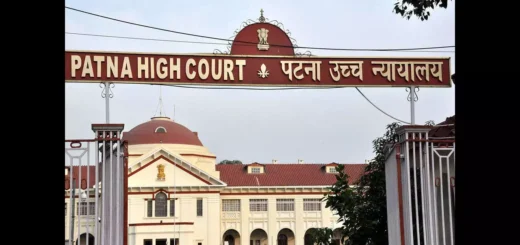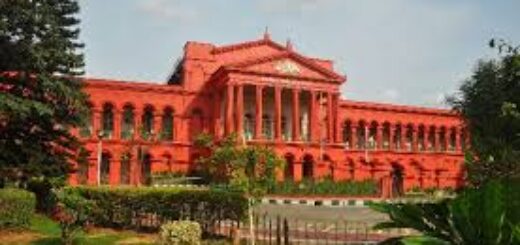The Bombay High Court has permitted the restart of flower offerings at the Shirdi Saibaba temple.

The Aurangabad bench of the Bombay High Court allowed the resumption of flower and garland offerings at the Shree Saibaba Sansthan in Shirdi on November 14. This practice had been on hold for over three years due to the Covid-19 pandemic [Shri Saibaba Sansthan Shirdi v State of Maharashtra]. Justices Mangesh Patil and Shailesh Brahme were reviewing two applications: one from the Sansthan’s ad hoc committee seeking approval to restart the offerings, and another from flower vendors asking for permission to sell flowers at the temple. After considering both requests, the Court approved the resumption of offerings. The Court stated, “It is fitting to grant permission to the Sansthan/trust to resume flower/garland offerings as per Resolution No.277, and urged the ad-hoc committee to quickly decide how to manage the waste generated from these offerings.”. Advocate Anil S Bajaj represented the sansthan. Advocate PS Talekar, from Talekar and Associates, represented the intervenor. Senior Advocate VD Hon, guided by Advocate Ashwin Hon, stood for one of the applicants. Advocate Amol Sawant represented another applicant. Government Pleader AB Girase appeared for the State.
This case originated from a Public Interest Litigation (PIL) filed in 2021, which questioned the management of the Shree Saibaba Sansthan Trust. In September 2022, the Court instructed the State government to form a new managing committee for the trust. Since then, an ad-hoc committee led by the Principal District Judge, Collector, and the Chief Executive Officer of the Sansthan has been managing the temple’s operations. Flower offerings were halted in 2020 as a precaution against the pandemic and due to issues related to cleanliness and waste management at the temple.
During the hearing, advocate Anil S Bajaj, who represented the Sansthan, stated that the choice to restart flower offerings was made after thoroughly considering the views of all parties involved, including flower farmers and devotees. He noted that the flowers would be sourced from a credit co-operative society managed by temple staff and sold at fair prices within the temple area. Bajaj also mentioned that although there was no current plan for waste disposal, the Sansthan had previously partnered with a self-help group to process the flowers into incense sticks. He suggested that this approach could be used again. Conversely, advocate PS Talekar, representing an intervenor, expressed worries that resuming the offerings might lead to issues for devotees and the return of unauthorized flower sellers.
He pointed out that the reasons for stopping the practice still apply and that without proper measures, the risk of extortion and illegal activities would continue. The State government, represented by Government Pleader AB Girase, also voiced concerns about restarting the offerings. Girase noted that the earlier suspension aimed to protect devotees from exploitation by unauthorized vendors and to maintain cleanliness in the temple. He urged the Court to take these issues into account before allowing the practice to resume. The Court raised questions about the Sansthan’s waste disposal plan for the flowers and garlands.
We are mainly focused on the position of the applicant trust/sansthan. If used flowers and garlands are to be sold through E-auction or disposed of via E-tender, it raises questions about the need for a specific rule regarding their use in making agarbatties. The court also recognized the risk of illegal activities linked to unauthorized flower vendors and expressed concerns about the Sansthan’s proposed plans. However, the court emphasized that its main concern was the revival of the flower offering practice, not the wider issue of criminal activities. It stressed that the ad-hoc committee should quickly decide on waste disposal and related logistical matters.









